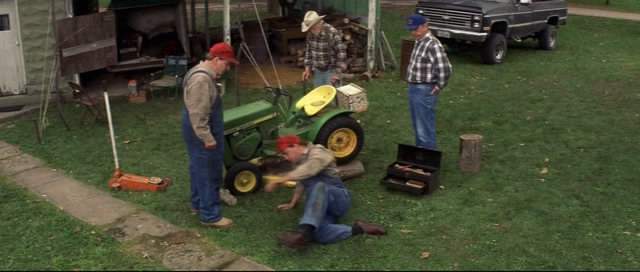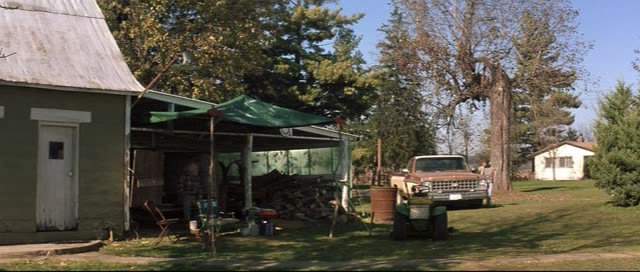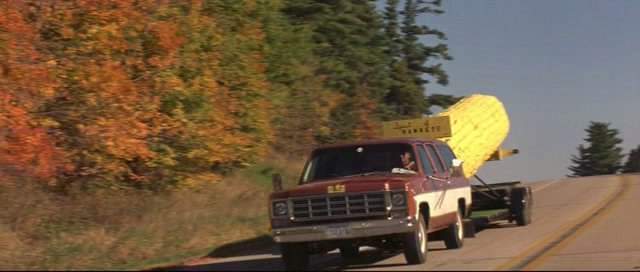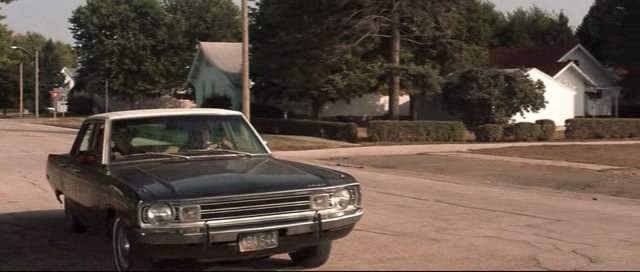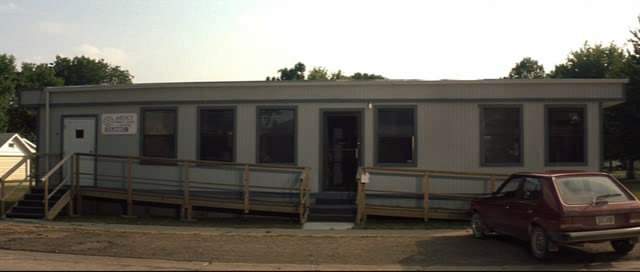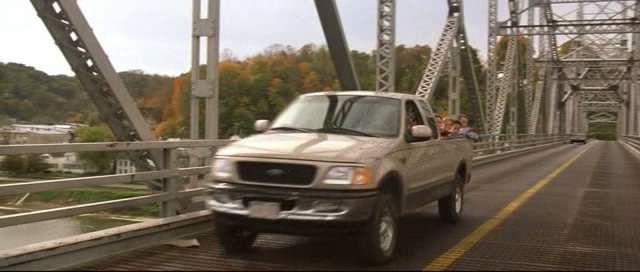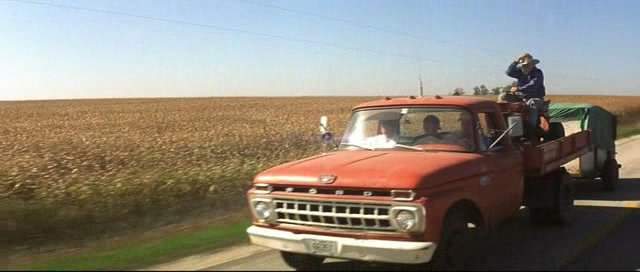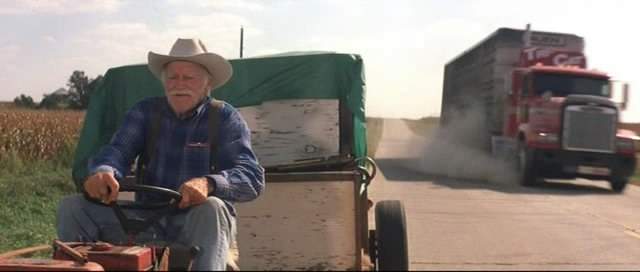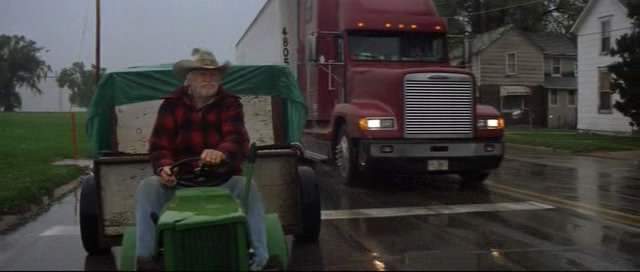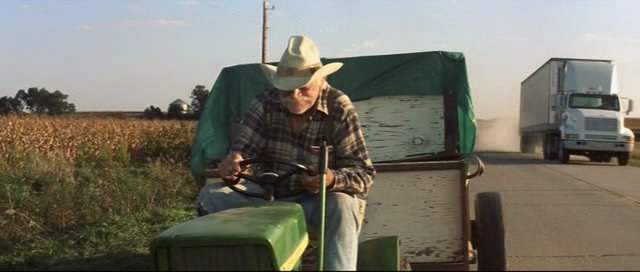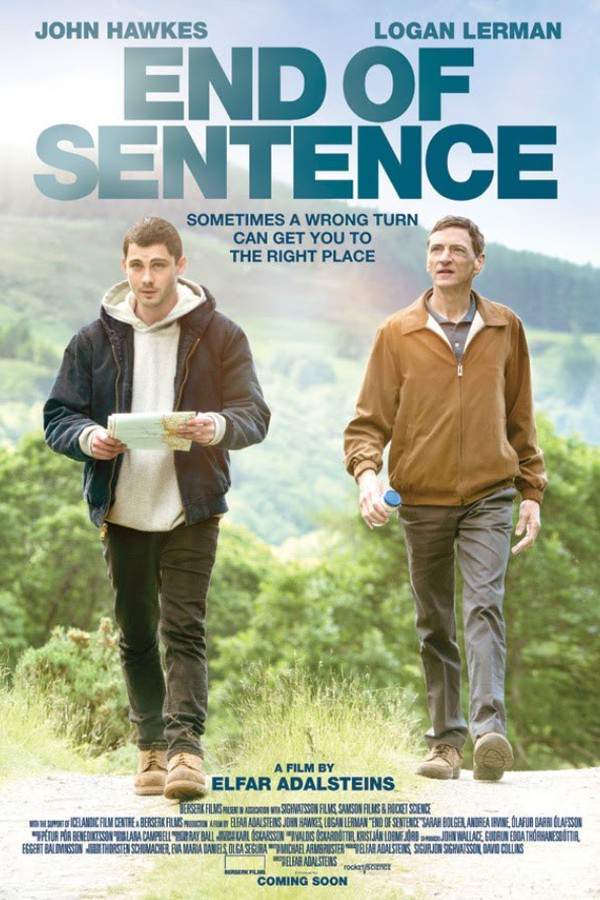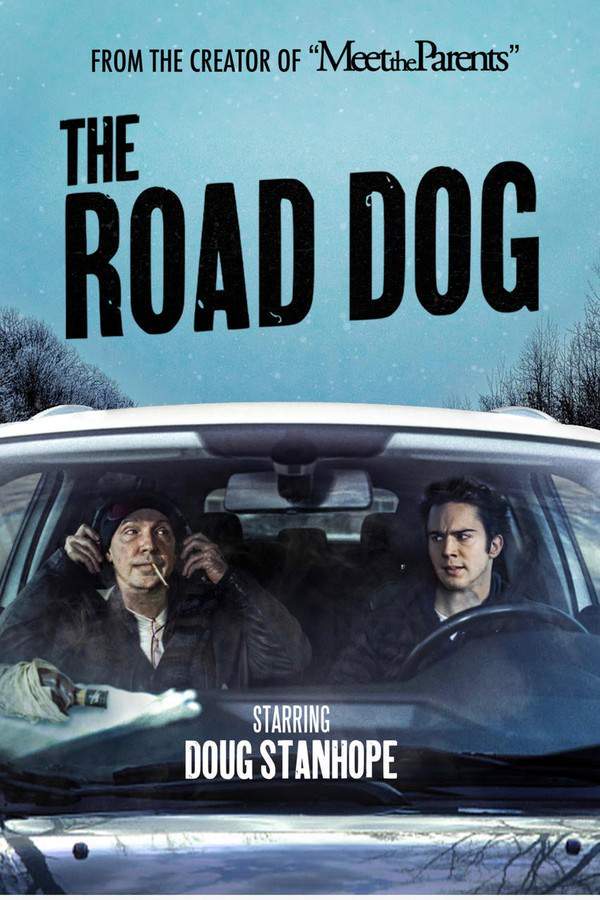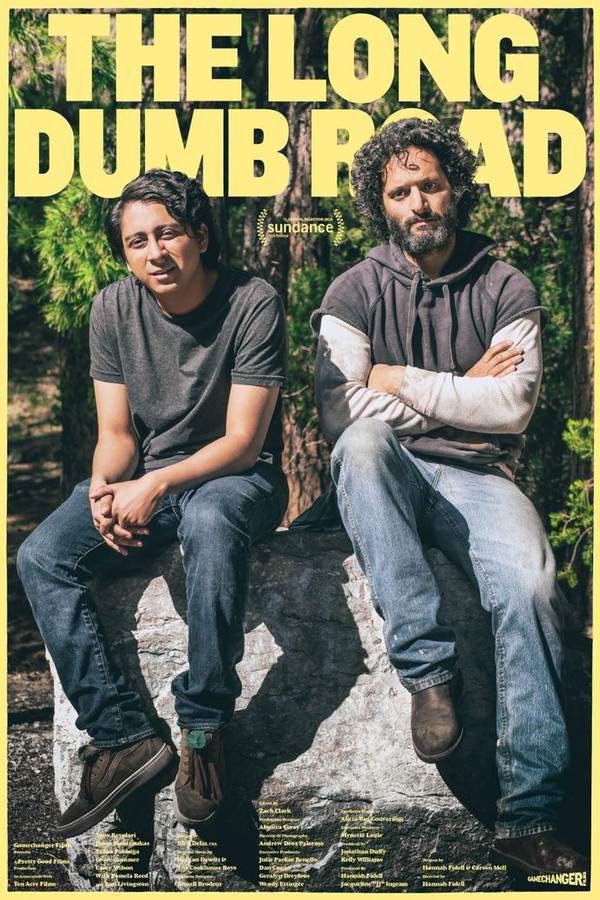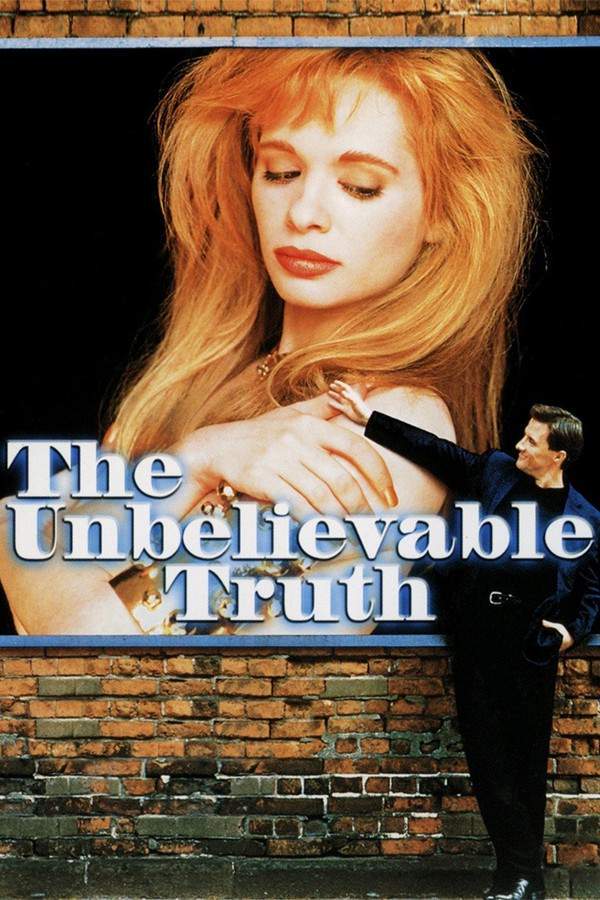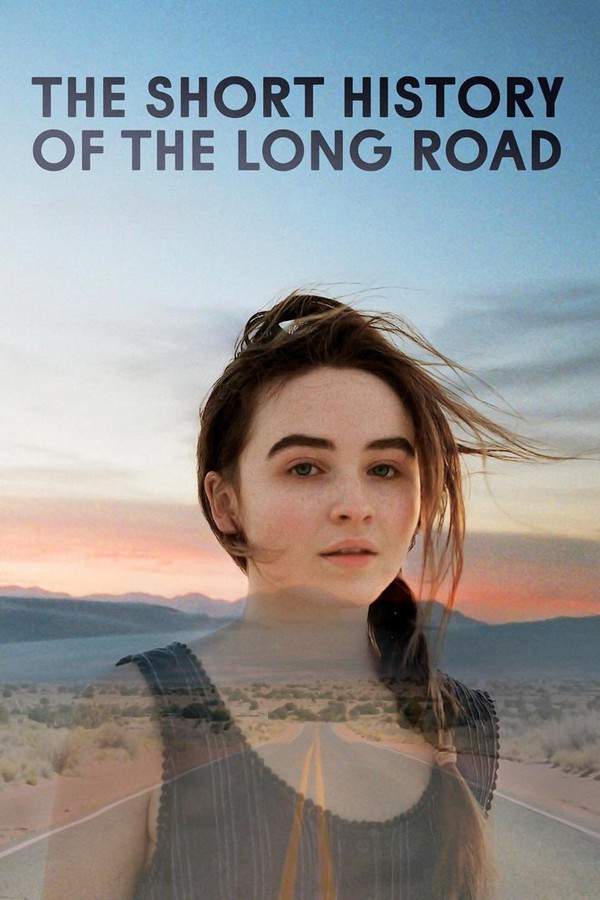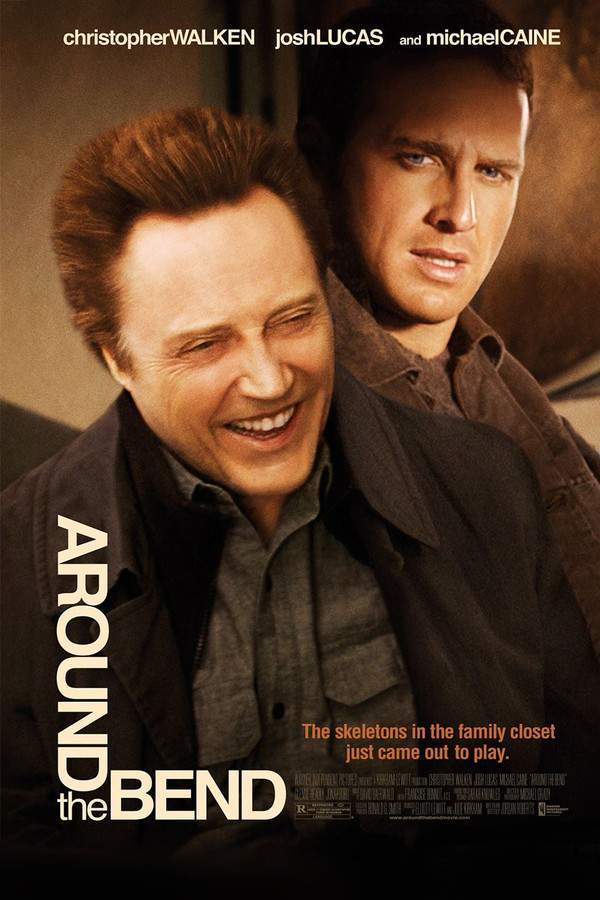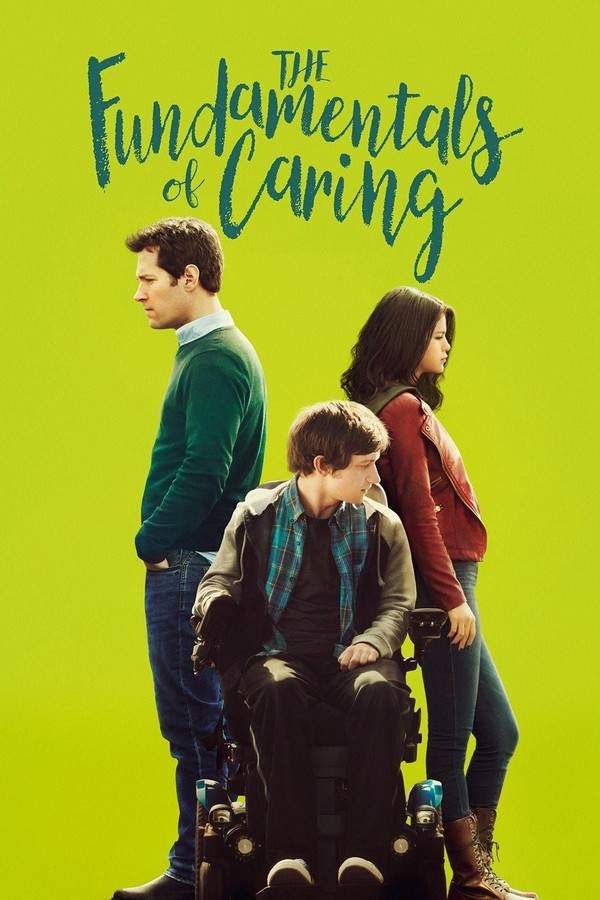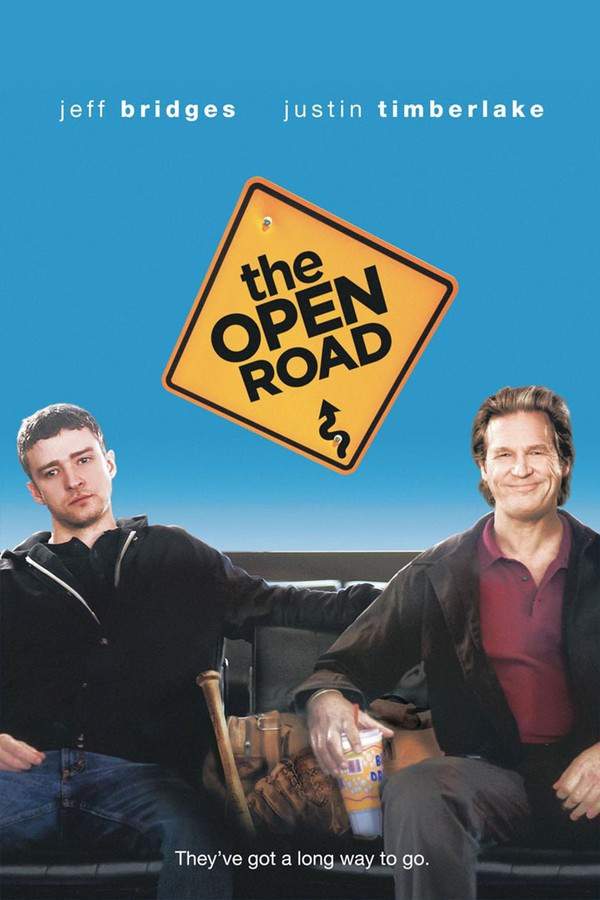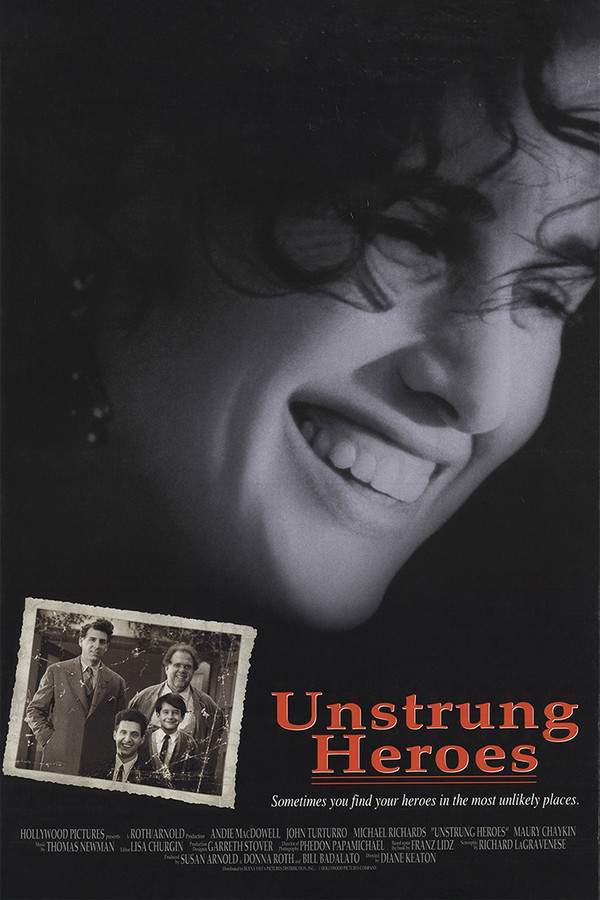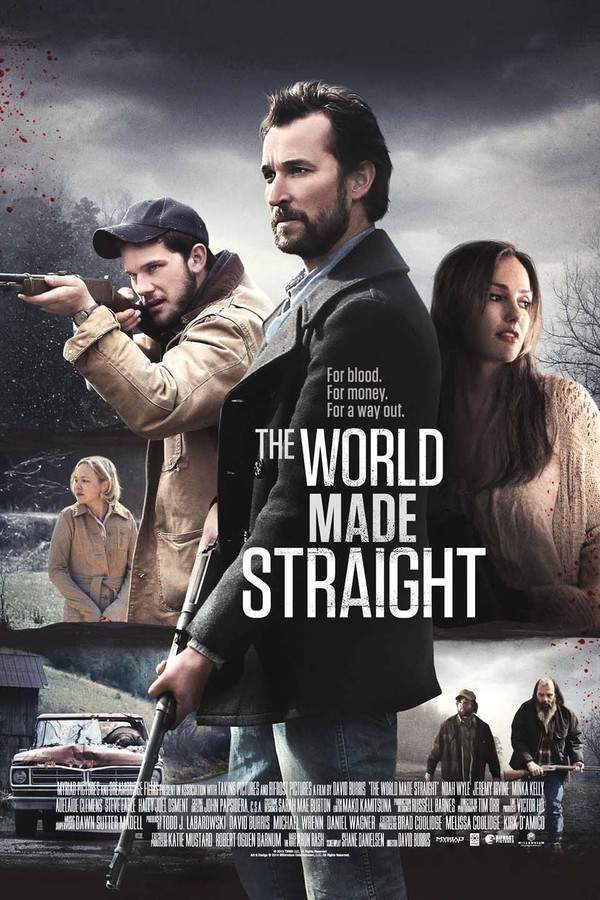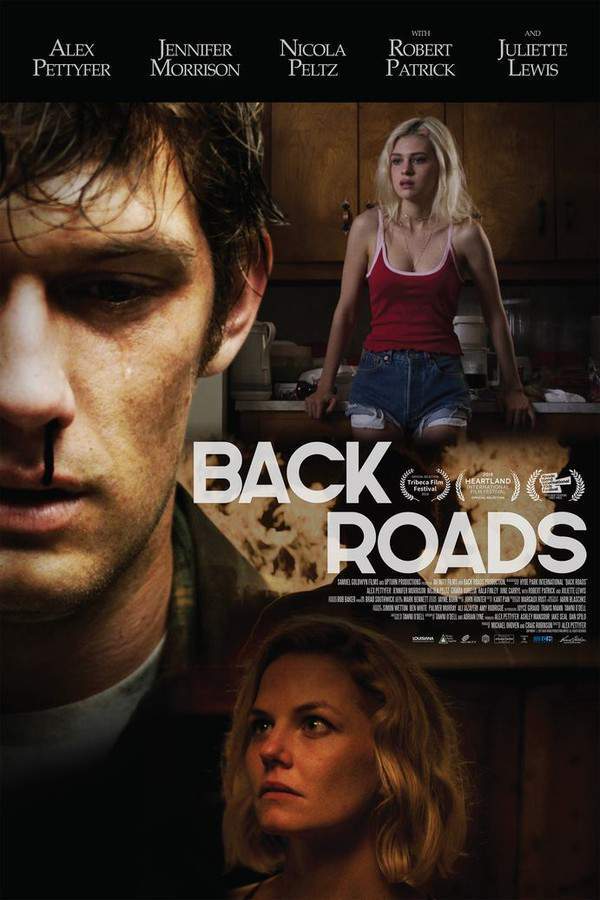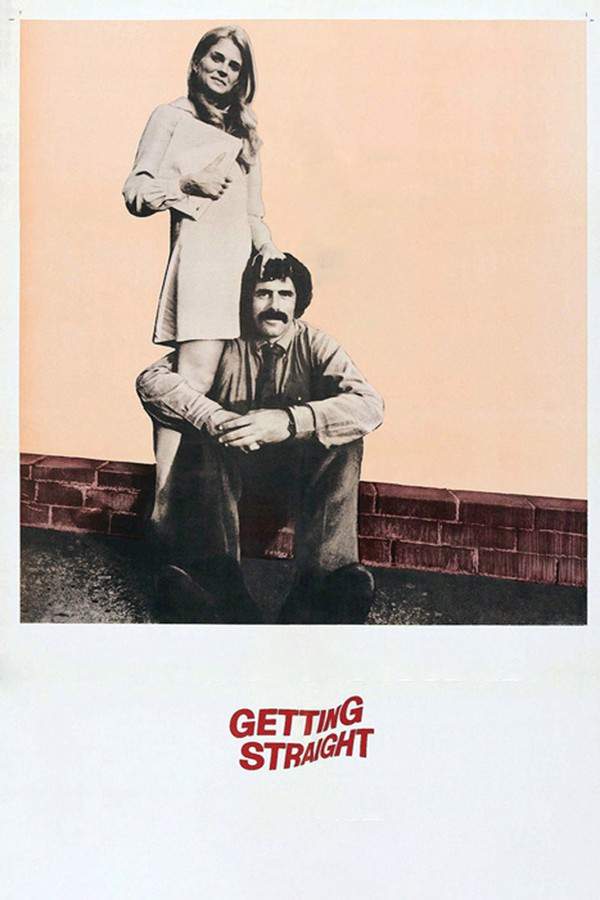The Straight Story 1999
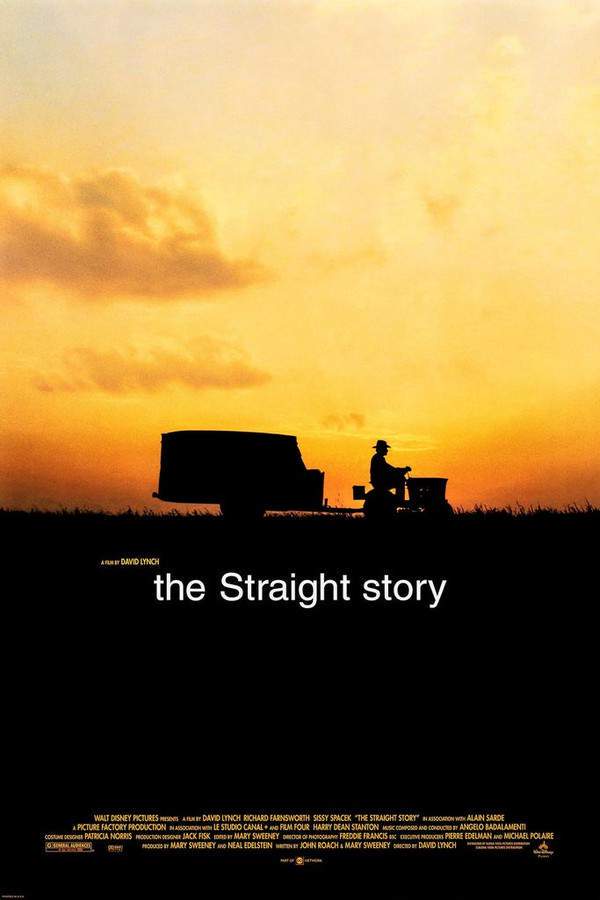
Following a stroke, 71-year-old widower Alvin Straight learns his estranged brother Lyle is ill. Determined to reconcile, Alvin sets off on an unusual journey to see him. With no driver's license or car, he chooses to travel across state lines on his vintage lawnmower. The heartwarming adventure becomes a testament to perseverance, family, and the enduring hope for forgiveness, touching everyone he meets along the way.
Does The Straight Story have end credit scenes?
No!
The Straight Story does not have end credit scenes. You can leave when the credits roll.
Meet the Full Cast and Actors of The Straight Story
Explore the complete cast of The Straight Story, including both lead and supporting actors. Learn who plays each character, discover their past roles and achievements, and find out what makes this ensemble cast stand out in the world of film and television.
External Links and Streaming Options
Discover where to watch The Straight Story online, including streaming platforms, rental options, and official sources. Compare reviews, ratings, and in-depth movie information across sites like IMDb, TMDb, Wikipedia or Rotten Tomatoes.
Ratings and Reviews for The Straight Story
See how The Straight Story is rated across major platforms like IMDb, Metacritic, and TMDb. Compare audience scores and critic reviews to understand where The Straight Story stands among top-rated movies in its genre.

86
Metascore
8.4
User Score


%
TOMATOMETER

0%
User Score

8.0 /10
IMDb Rating

77
%
User Score
Take the Ultimate The Straight Story Movie Quiz
Challenge your knowledge of The Straight Story with this fun and interactive movie quiz. Test yourself on key plot points, iconic characters, hidden details, and memorable moments to see how well you really know the film.
The Straight Story Quiz: Test your knowledge on the heartfelt journey of Alvin Straight as he reconnects with his brother in 'The Straight Story'.
What is the main mode of transportation Alvin uses for his journey?
Car
Motorcycle
Lawn mower
Bicycle
Show hint
Awards & Nominations for The Straight Story
Discover all the awards and nominations received by The Straight Story, from Oscars to film festival honors. Learn how The Straight Story and its cast and crew have been recognized by critics and the industry alike.
72nd Academy Awards 2000

57th Golden Globe Awards 2000

Best Original Score – Motion Picture
15th Film Independent Spirit Awards 2000
Best Feature
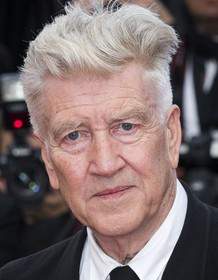

Best Screenplay
Best First Screenplay
Full Plot Summary and Ending Explained for The Straight Story
Read the complete plot summary of The Straight Story, including all major events, twists, and the full ending explained in detail. Explore key characters, themes, hidden meanings, and everything you need to understand the story from beginning to end.
In Laurens, Iowa during the year 1994, we meet Alvin Straight (Richard Farnsworth), a frail 73-year-old man who suffers a fall in his kitchen, prompting his slow-witted daughter, Rose (Sissy Spacek), to take him to a doctor. Despite his numerous health issues, including diabetes and emphysema, Alvin ignores the doctor’s advice and relies on two canes for mobility. The turning point comes one stormy night when he learns that his estranged brother, Lyle (played by Harry Dean Stanton), has had a stroke. After ten years of silence due to a past dispute, Alvin feels an urgent need to reconnect with Lyle, who lives 370 miles away in Mount Zion, Wisconsin.
Faced with the obstacles of not being able to drive due to his failing health, and with public transport unavailable, Alvin devises a remarkable plan: he decides to journey by riding his Rehd lawn mower. Gathering supplies, including a trailer for the mower, he prepares himself for this long trek. Although Rose expresses concern, Alvin encourages her to look up at the stars that night, hinting at the adventure ahead.
As he sets out, Alvin’s determination stands strong despite warnings from friends who view the journey as reckless. However, the journey begins with a setback when his mower breaks down shortly after leaving town. Defiant, he returns home and ends its misery with a shotgun blast. With renewed resolve, he purchases a new lawn tractor from a kind salesman at the John Deere shop, marking the start of his journey once more on September 5.
Traveling during the day and camping in fields at night, Alvin meets a variety of characters. One poignant encounter is with a pregnant hitchhiker (Anastasia Webb), to whom he shares warmth and wisdom, recounting his experiences as a father and the essence of family through a memorable lesson about unity: “together we are stronger.” He also finds solace in watching a rainstorm from the cover of an abandoned farmhouse and interacts with RAGBRAI cyclists who acclaim his spirit.
As days pass, Alvin continues to forge ahead, overcoming hurdles including close calls with large trucks and finding food after encountering a distraught woman who has hit a deer. He turns this misfortune into a tribute by cooking the deer, honoring its sacrifice. However, as Alvin nears the Mississippi River, the journey becomes more challenging, yet he receives generous help from local farmers and mechanics who relate deeply to his pursuit of reconciliation with Lyle.
In a heartfelt moment, Alvin converses with a priest (John Lordan) who is aware of Lyle’s condition and encourages him in his quest for peace. Finally, Alvin reaches Mount Zion, only to face more engine troubles. With the assistance of a passing farmer on a tractor, he makes the final stretch to Lyle’s dilapidated home.
Upon arriving, with his two canes aiding his frail frame, Alvin calls out for Lyle. Their long-awaited reunion unfolds with a shared moment of reminiscence as they look up at the night sky, reflecting on the bond of brotherhood that, despite years of separation, remains unbreakable. “I did, Lyle,” Alvin affirms simply, signaling the depth of his journey and the love that has endured through time and distance.
Uncover the Details: Timeline, Characters, Themes, and Beyond!

Coming soon on iOS and Android
The Plot Explained Mobile App
From blockbusters to hidden gems — dive into movie stories anytime, anywhere. Save your favorites, discover plots faster, and never miss a twist again.
Sign up to be the first to know when we launch. Your email stays private — always.
Watch Trailers, Clips & Behind-the-Scenes for The Straight Story
Watch official trailers, exclusive clips, cast interviews, and behind-the-scenes footage from The Straight Story. Dive deeper into the making of the film, its standout moments, and key production insights.
Cars Featured in The Straight Story
Explore all cars featured in The Straight Story, including their makes, models, scenes they appear in, and their significance to the plot. A must-read for car enthusiasts and movie buffs alike.
The Straight Story Themes and Keywords
Discover the central themes, ideas, and keywords that define the movie’s story, tone, and message. Analyze the film’s deeper meanings, genre influences, and recurring concepts.
The Straight Story Other Names and Titles
Explore the various alternative titles, translations, and other names used for The Straight Story across different regions and languages. Understand how the film is marketed and recognized worldwide.
Similar Movies To The Straight Story You Should Know About
Browse a curated list of movies similar in genre, tone, characters, or story structure. Discover new titles like the one you're watching, perfect for fans of related plots, vibes, or cinematic styles.
Quick Links: Summary, Cast, Ratings, More

What's After the Movie?
Not sure whether to stay after the credits? Find out!
Explore Our Movie Platform
New Movie Releases (2026)
Famous Movie Actors
Top Film Production Studios
Movie Plot Summaries & Endings
Major Movie Awards & Winners
Best Concert Films & Music Documentaries
Movie Collections and Curated Lists
© 2026 What's After the Movie. All rights reserved.














